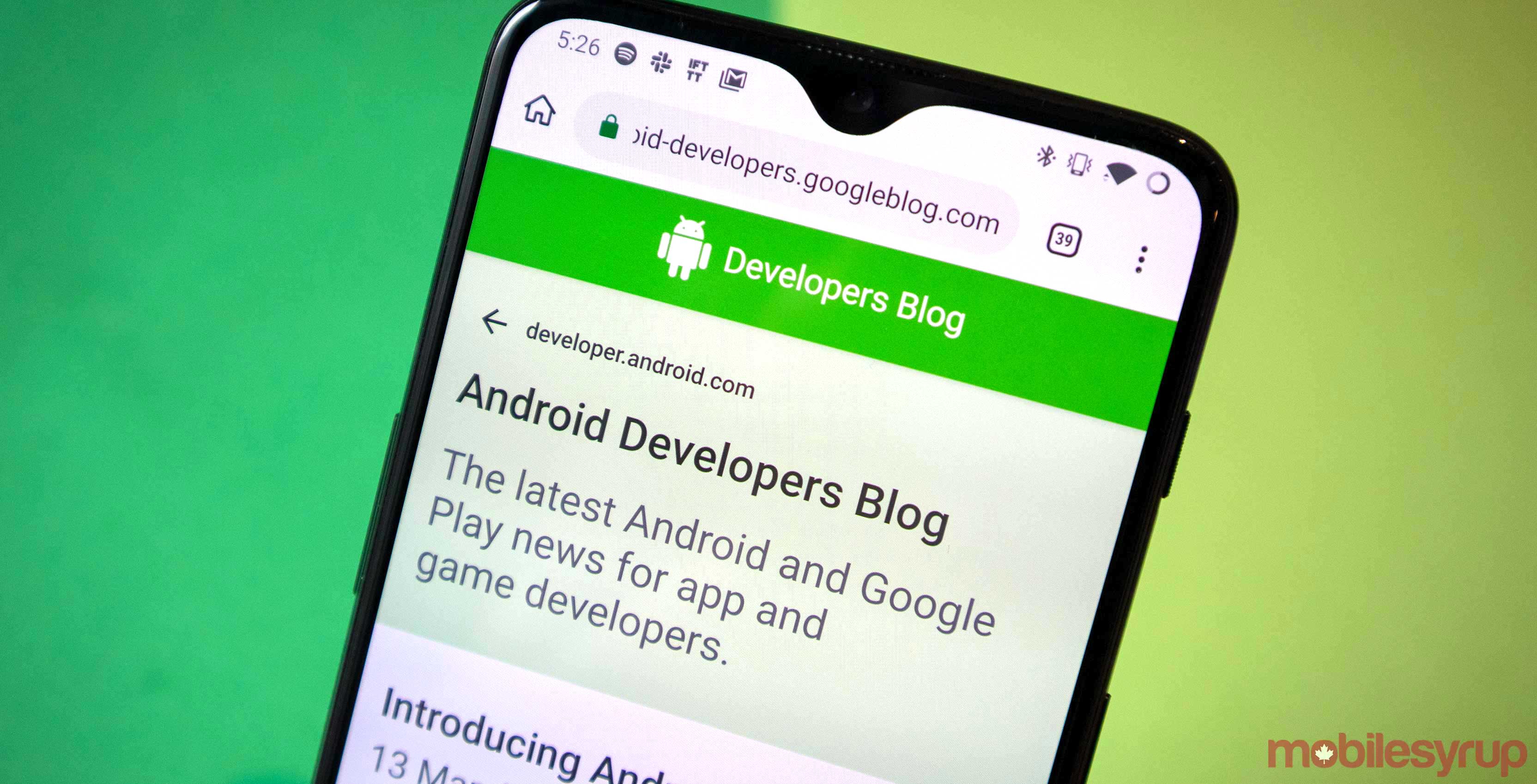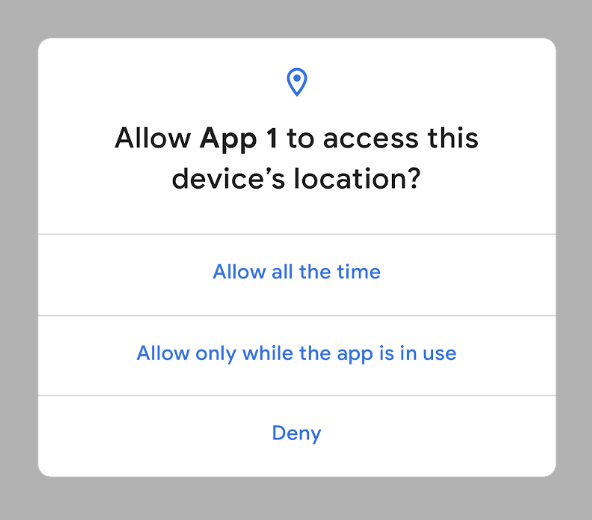
Now that the first developer version of Android Q is finally available, the team behind the operating system has shared a blog post detailing many of the OS’ improvements over Android Pie.
Right off the top the blog post details that Android Q will not only ask users if they want to share their location data with a specific app, but also provide a second option that says ‘Only allow when the app is in use.’ This makes in-app location sharing act more like it does with iOS.
Further, Google is introducing a new type of full-screen high-priority notification style. It’s still unclear what this feature looks like, but the tech giant says that it’s meant to make full-screen pop-ups like incoming calls and alarms feel less intrusive.
The blog post mentions that Android Q has new ways to engage people by bringing users into apps and “streamlining the experience as they transition from one app to another” While this statement is rather vague, we will likely have more information once we get our hands on the beta and spend more time with the new OS.
One of the more exciting changes to Android is that Q has improved support for foldable devices like the Galaxy Fold. Developers should find it easier to scale their apps on foldable phones. Google also says that developers will have more control over using multi-window modes with foldable devices.
The sharing shortcut’s speed has increased, resulting in it opening much faster than it does with older versions of Android.
There’s also a new quick settings panel that takes advantage of the Android Slices feature that Google introduced last year. It seems like it can pop up with contextual information depending on what the user is doing.
In the blog post, Google says that if a user is in a browser, it will provide quick access to Wi-Fi, mobile data and Airplane mode. This panel allows users to change things without leaving an app quickly.
Further, Google is opening up its Dynamic Depth data format so apps can request more image data from a photo. This will allow apps to more easily add blur or other effects to photos.
The post even mentions being able to use the feature for augmented reality (AR) photos.
There’s a new open source video codec called AV1 in Android Q that allows users to stream videos using less data than in the past.
Google has improved the Android Runtime (ART) framework so some apps should load faster than they did in older versions of the OS. According to Google, Both YouTube and Google Keep should launch 21 percent faster, and Maps launches 9.33 percent quicker.
Finally, Google has decided that later this year all apps in the Play Store are required to feature 64-bit support.
If you want to dive deeper into the Android Q features you can check out Google’s full blog post here.
Source: Android Developers Blog







